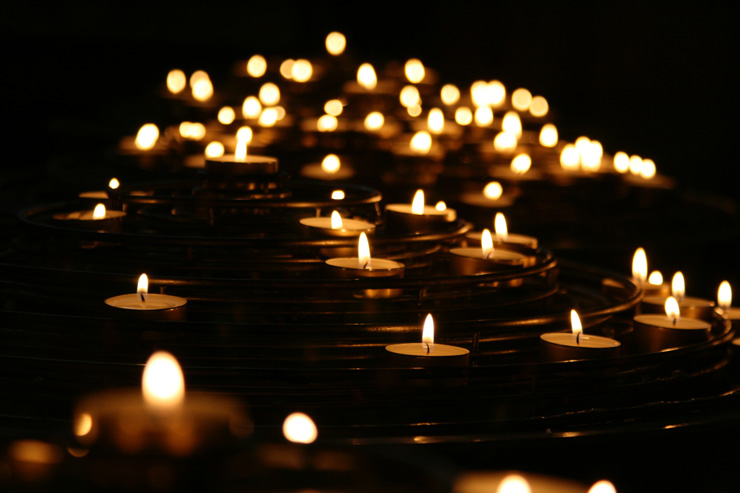
Devastated by the suicide of a dear friend, a young man turns his grief into action to help others contend with issues of mental and emotional health
—
If religion and mental health were two colliding cars, could they meet without crashing?
Many people who have been through life-shaping moments, like the Kennedy assassination, remember where they were and how they felt on that very day. Though I wasn’t alive during that era, two years ago I had such a moment in my life. I woke up, and like every other day I began to search my Facebook. What I came across would change the course of the next two years and my life in general. My friend and beloved community member, Benjamin Beezy, had ended his own life. Depression and mental illness finally had got the best of him.
Ben was by all accounts a true mensch and someone who had high achievements. He was a handsome adult and such a cute baseball-playing child. Ben was educated in the Los Angeles Jewish community and was the top of his class at USC. He would go on to become a very bright and successful attorney at a top-tier law firm. He grew up down the street from myself and my family. Our lives intersected through Jewish temple and various young professional events. He was the pride and joy of his mother, father, and two beautiful sisters. What went wrong and how did it become so out of control?
After his suicide, his parents went through his computer to find any trace of information that would help them to come to grips with their new reality. What they understood was that this…
That Ben, underneath his status, and all his achievements hid a deep depression. Though deep, this depression went unnoticed.
At one point in his life, he was at the home of a pregnant woman when her water broke. Everyone else at the party left, but Ben stayed back to clean up and comfort this perfect stranger. He overcompensated so that he didn’t have to show his illness. Fast forward to his funeral and then his Shiva, which is seven days of communal mourning. His parents were holding so much pain in their beings. I stood up and in front of 100 people said that Ben’s light will never go out, not if I can help it.
As a Jew and a student of clergy, my life was shaped from a very clear age. I grew up in a passion-filled home that instilled in me a love of my people and of God. A love of Jewish community and of social activism had been in me for 29 years. Up until Ben’s death, I had been exploring creating a new kind of Jewish community. I knew I wanted to create a program where mental illness and mental health meet religion and embrace. At his Shiva, I created a communal program, Ben Back Engaged Now, that has now shaped the lives of over 500 people all over California.
Together with partners that include Rabbis and faith leaders, the program brings panels and experts into homes and houses of worship throughout Los Angeles and California. My goal in creating this was to broaden the way Jews think of Judaism. Topics include: Vaping, the different types of depression, LGBTQ issues, racism, people with special needs, and so much more. This program has even saved the life of one young person in Los Angeles with the help of his parents and law enforcement. I particularly wanted to reach out to young people in their early twenties and thirties. Here’s why and how:
Recent studies have shown a rise in suicide and depression in the millennial generation. We have everything at our fingertips and yet we have never been more discontented or disconnected.
I’m not saying that is the reason Ben choose to end his life, but instead I’ll offer it as a broader condition among my peers. My idea was to use smaller houses of worship as a space for my panels and group work. This has brought young people back to these spaces in large numbers. The theory behind this is that young people aren’t connecting to prayer and archaic ritual in the ways their parents and grandparents used to be.
What these young adults want — perhaps what everyone wants — is friendship, love, and belonging.
By holding mental health events for them in homes and more intimate houses of worship, our goal is to bring back young people one person at a time. My advice to young people and really anyone suffering behind the stigma of mental illness is the following: We must talk and walk together, not alone.
In the same ways as we show up when someone we love has received a cancer diagnosis, we must do the same for people that suffer from depression and thoughts of suicide. We are living in a very fraught world that puts aside God daily. One way to reconnect to God is through human connection.
If we do this in a more holistic manner, if we look at the person as a whole and not just at their worst moment, we can save their life.
If I had one wish, it would be for Ben to smile again live and in person. Yet, I thank him for helping me save lives through action I would likely not have otherwise taken. I know wherever he is, he would be proud!
You may also enjoy reading The Courageous Art of Supporting Someone in Grief (At Any Age) by Angie Lucas